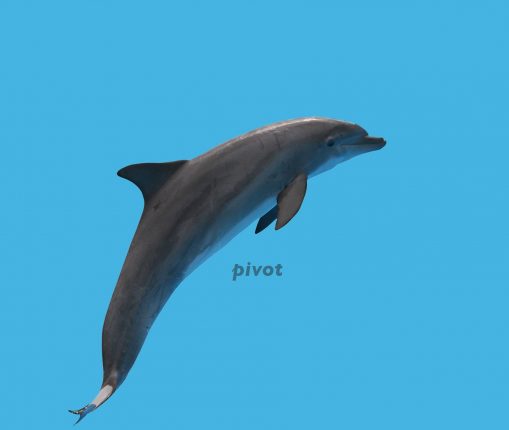The Pivot
One of the most common images of a dolphin is that of it gracefully jumping out of the water. Unlike the ‘fish out of water’, this mammal is amphibiously at ease as it pivots in and out of the water.
What’s probably less certain is the reason for this action, with an ongoing debate among scientists.
Some studies attribute that action to the need to save energy as there’s less friction in the air, or to get a better view of its distant prey. Other explanations propose that as a form of communication or simply playfulness. Yet others hypothesise that dolphins jump in order to clean themselves of parasites!
While most investors are familiar with the pivot to working-from-home, what’s less certain is how the portfolio’s investment strategy should be re-positioned in an impending post-COVID world.
COVID-19 Implications: Don’t bet against the Fed?
The sharp drop in equity markets followed by its swift recovery in Q1 of 2020 reminded investors of the importance of diversification. The subsequent fiscal intervention has continued to distort the market, sending the stock indices to an all-time high despite the economy spiralling into a recession.
Are risks more elevated than before? Even if it is so, can the investor afford not to stay invested in the markets? How should the equities portfolio be positioned to ride the cycle while being mindful of the tail risks? Is there still a role for bonds in the portfolio?
Emerging Markets, with spotlight on China
Emerging markets in Asia have generally started the path to post-COVID recovery. In particular, the rebound in the Chinese market, against the backdrop of its emergence out of the pandemic, presents attractive opportunities for global investors. The local consumption story, including healthcare and technology, is certainly a narrative worth pursuing.
However geopolitically, there appears to be huge discontent with China, not merely arising from the US. Are global companies planning to reduce reliance on China? How will the gradual disintegration of global supply chains impact the trading ecosystem and global growth? Will other emerging or frontier markets such as Vietnam or India stand to benefit?
Sustainability matters: The path to net zero 2050?
Most, if not all, institutional investors and asset owners have an ESG or responsible investment policy. These policies may be broadly classified into strategies relating to
- Risk management Eg carbon risk, stranded assets, governance and control
- Investment opportunities Eg renewable energy, batteries and storage technologies
While most funds have reasonable risk management frameworks, integrating climate change risks at the total portfolio level remains challenging.
As it’s not feasible to totally divest from say fossil fuel companies, engagement becomes critical as part of the transition. Good stewardship compels asset owners to fulfil their fiduciary responsibilities and exercise ownership rights in the companies they invest. But managing transition risk is less straightforward.
On the investment front, the approach towards identifying opportunities is often less structured. Hopefully the UN Sustainable Development Goals can be used as a framework for making an impact.
Innovation and Investment Strategy
It’s fair to say that COVID-19 probably accelerated a number of structural changes that were already in motion – innovative forms of digital technology, disruption of trading and supply chains, and the advancement of medical technology.
Some business models will inevitably be decimated, while new ones will emerge.
In an impending low growth environment, how can the discerning institutional investor incorporate secular changes and emerging themes, while being cautious of the significant downside risks?
True diversification is hard – a nuanced approach to investment strategy and portfolio construction will be required.
We look forward to a robust discussion with Chief Investment Officers, Strategists and Senior Portfolio Managers as we pivot to a post-COVID world.
Enquire about this event




